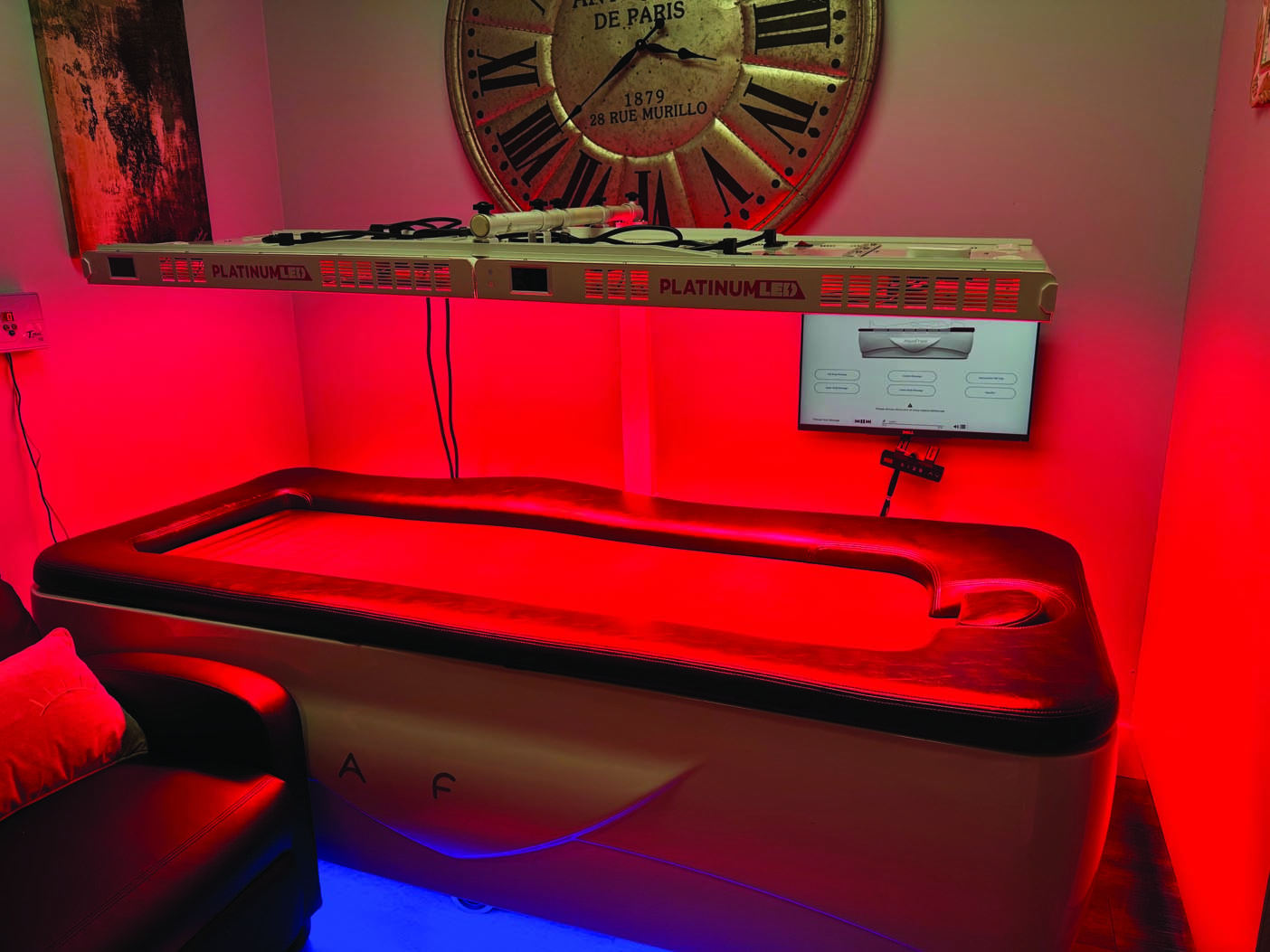[gap height=”20″]Picture this: you are in desperate need of a haircut, and after hours on Google, you arrive for your appointment to meet a new stylist. During the consultation, she explains that she took her most recent training course over ten years ago. She has her “go-to cut” but … she’ll “see what she can do.” Do you feel comfortable with that?[gap height=”20″]
If your answer is “no,” you’re not alone! Your salon guests look to you and your team as experts on the services you offer, just like you look to a hair stylist for the latest hair tips. Strong salon teams require in-depth training, and if your team cannot properly explain or administer the services on your menu, your clients may not be comfortable booking them.[gap height=”20″]
A study done by CompTIA, an IT industry leader, found that 46% of staff say their company’s training courses/methods make them less likely to leave. Why? Because businesses that offer training and development for staff gain a competitive advantage by increasing employee engagement. A happy team makes more sales and a successful training program can create a knowledgeable, capable workforce that is more engaged in your company because you’ve taken the time to invest in them.[gap height=”20″]
View your team as an asset; their knowledge of the products and services you offer is what puts money in the bank! But, small business owners may be wondering, How do I consistently train and coach my whole team without putting in 80-hour work weeks?[gap height=”20″]
1. Train Like a Boss![gap height=”20″]
Start by compiling a list of everything your staff should know, choose a different day for each topic and create an agenda. For instance, introduce them to all home-care products one day and all spa services the next, and incorporate some fun, as well. Do you have a team member who’s an expert on one of the product lines? Have them explain to the trainees why they love it. Not only does this give them a new perspective, but it’s great for team-building. Additionally, successful training often allows trainees to partake in the services and products you offer. This enables them to become advocates and encourage your clients to become advocates, as well. To ensure that your new-hire is retaining everything, it can be helpful to incorporate quizzes, which also allows managers to learn where more instruction is needed.[gap height=”20″]
2. Create a Sales Culture[gap height=”20″]
Training shouldn’t stop after the first 30 days – ongoing training is just as important. In fact, any time you run a promotion is a great opportunity for a brief refresher. Stock up on $10 Starbucks or Amazon gift cards, then, quiz your staff when they least expect it! When they answer correctly, give them the reward. Talk about keeping them on their toes![gap height=”20″]
Creating a sales culture involves highlighting each team member’s strengths. Once initial training is complete, effective coaching is important; being a collaborative coach creates more willing sales associates. Remember, a highly functional team will get you where you want to be! Making sure they are trained in retail sales, menu offerings and up-selling ensures that everyone has the confidence to succeed.[gap height=”20″]
3. Use Industry Resources[gap height=”20″]
Administering an entire training program can take time that you may not have. Look to your industry partners! Product vendors love connecting with you and your team – this is how we get the inside scoop on how to better assist you! If your partners provide training, make it part of your plan. This will not only free up some of your time, but allows your team to engage with people who can improve sales performance.[gap height=”20″]
When they feel that you take a genuine interest in their future, employees become motivated to reach the retail and service goals you set for them. So, devise a plan and train your team … the success of your business depends on it.[gap height=”20″]
Remember, a highly functional team will get you where you want to be![gap height=”20″]

























